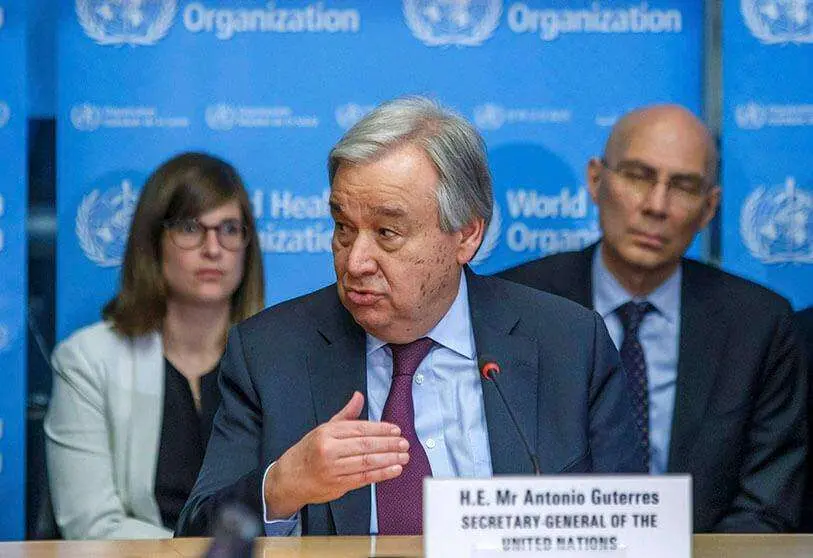UNRWA's programmes in the West Bank and Gaza at risk from the coronavirus

The UN agency for Palestinian refugees (UNRWA) is approaching "a critical state" because of a deep economic crisis that threatens the continuity of some of its assistance programmes in the West Bank and Gaza, warned Efe Gwyn Lewis, its director of operations in the West Bank.
"We are reaching a critical state but we hope to get the funds to continue operating," Lewis said, specifying that the agency needs $130 million before the end of the year.
The organisation's current financial situation is due not only to the US government's decision to withdraw its funding in 2018, but also to the internal crises faced by contributing countries because of the COVID-19 pandemic, which has caused a reduction in donations to the humanitarian sector worldwide, Lewis said.
"I don't want to announce a devastating impact, but we are really concerned about the community, about colleagues, nurses and doctors, and health workers, who don't know what will happen to their future," he added.
In this context, Lewis was particularly concerned about the future of some of UNRWA's services, especially schools and food distribution programmes.

"Having schools operating, and health centres and access to basic services brings stability to a region as unstable as this," he said, citing the current situation in Lebanon as an example, where he said the closure of UNRWA schools could represent a major "blow".
In the Gaza Strip, where there is 50 percent unemployment, UNRWA's schools serve 280,000 children, and food distribution programmes feed one million people every quarter, which he said has led to a heavy reliance on the agency, especially in the context of the pandemic, which further increased the vulnerability of the population.
The situation in the refugee camps, he warned, is particularly worrying in both Gaza and the West Bank, especially because of the overcrowded conditions, which make social distancing difficult and isolation almost impossible to prevent the spread of coronavirus.
This is compounded by a serious economic situation which, according to figures from the Palestinian Central Bureau of Statistics, has raised the poverty rate in the West Bank from 19% before the pandemic to over 30% today.
So far, as regards health, the Palestinian territories have not, however, suffered a very severe impact from COVID-19, and have recorded some 63,000 cases since March (in the West Bank, Gaza and East Jerusalem), of which fewer than 10,000 are still active, some 2,200 in the strip.
The number of deaths reached 529 today and the ratio of positive cases over total evidence remains at around 11 per cent.









